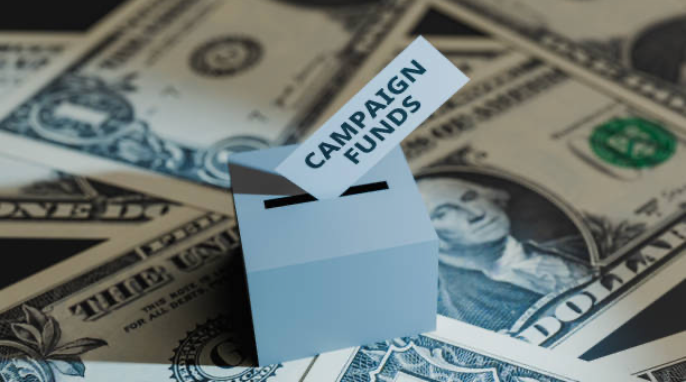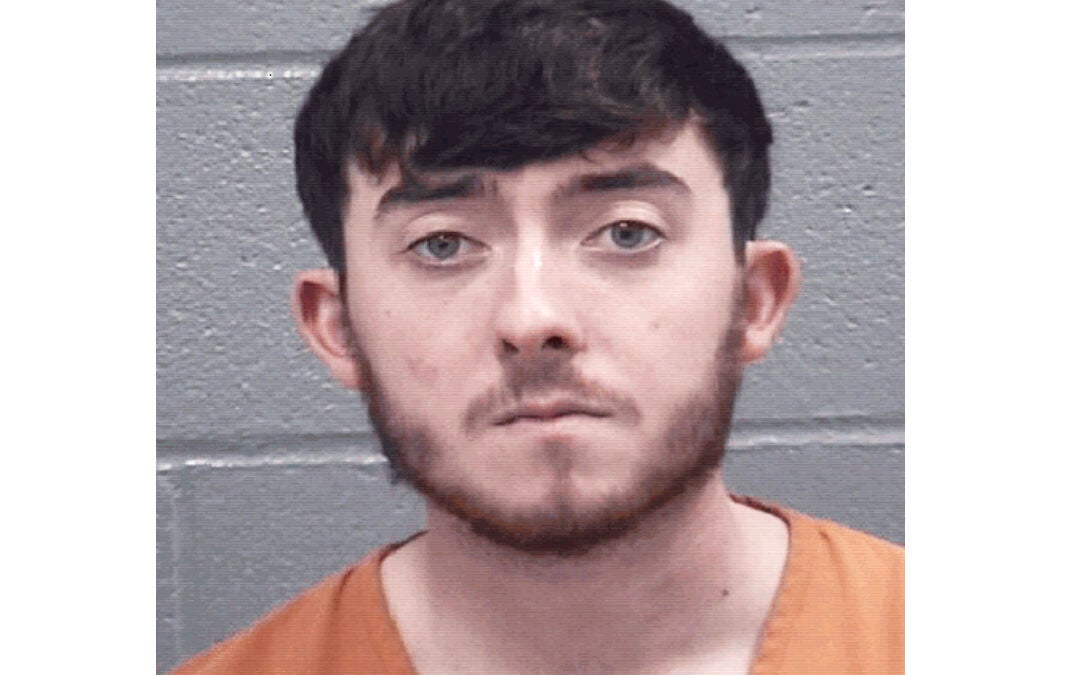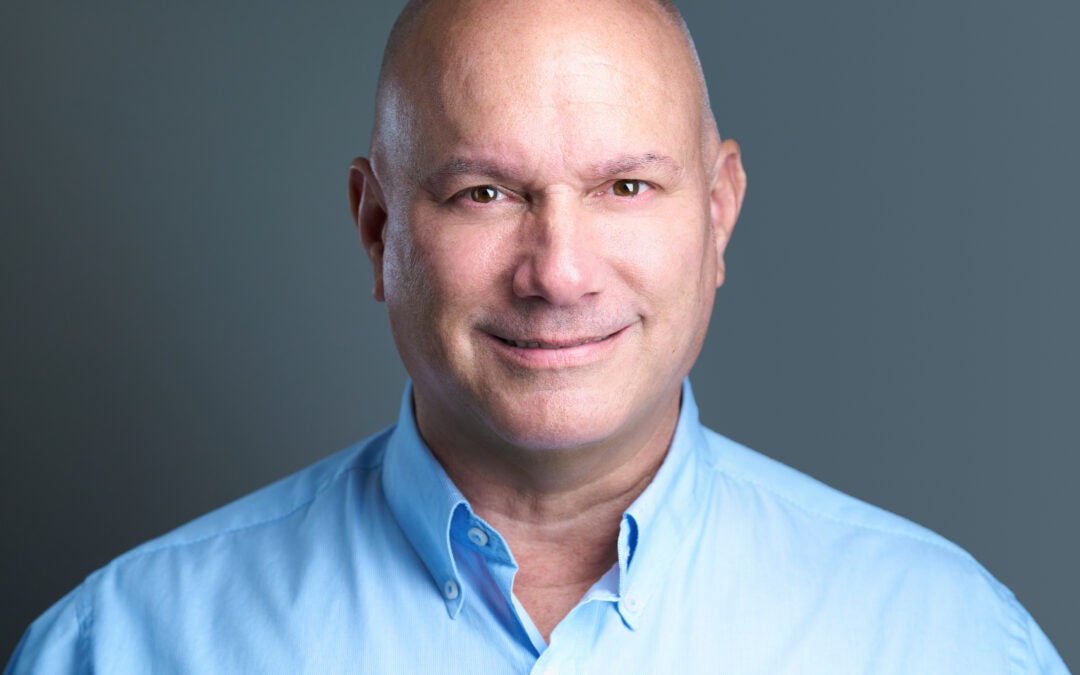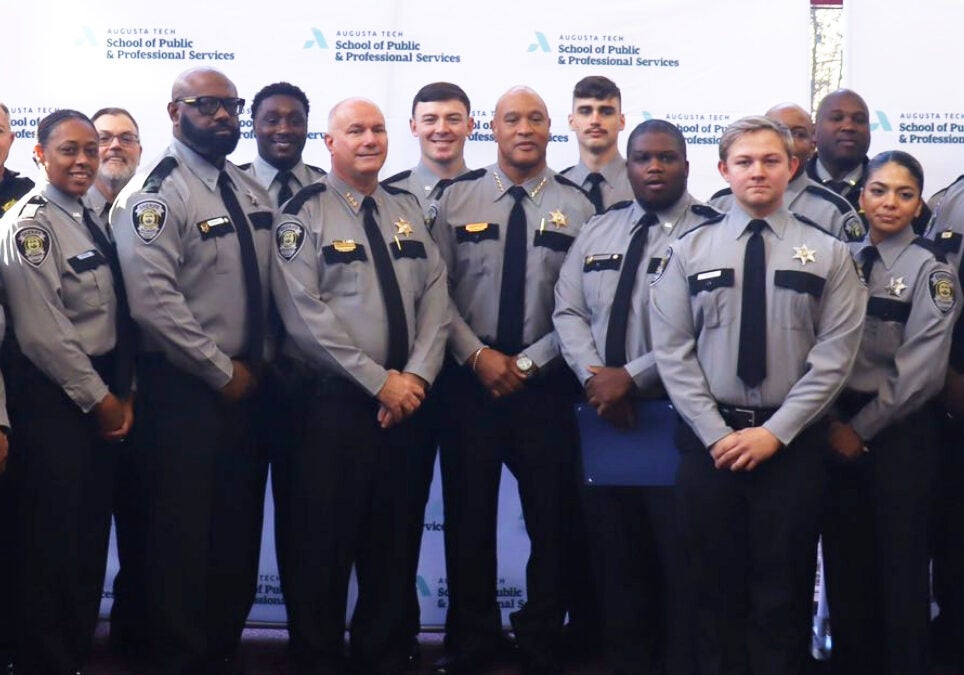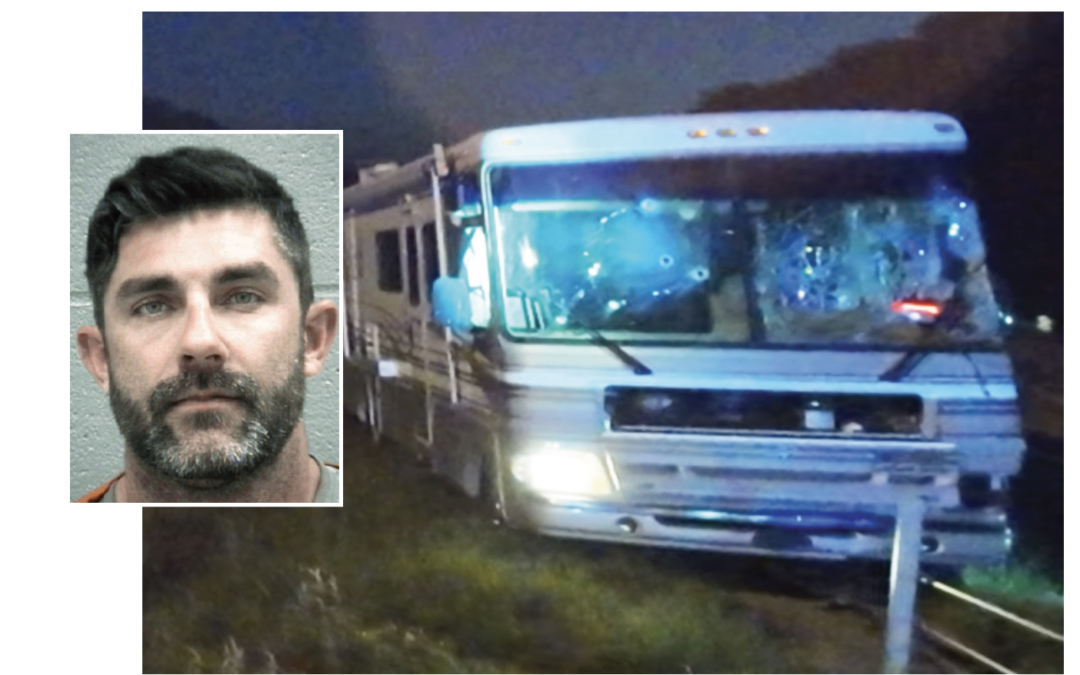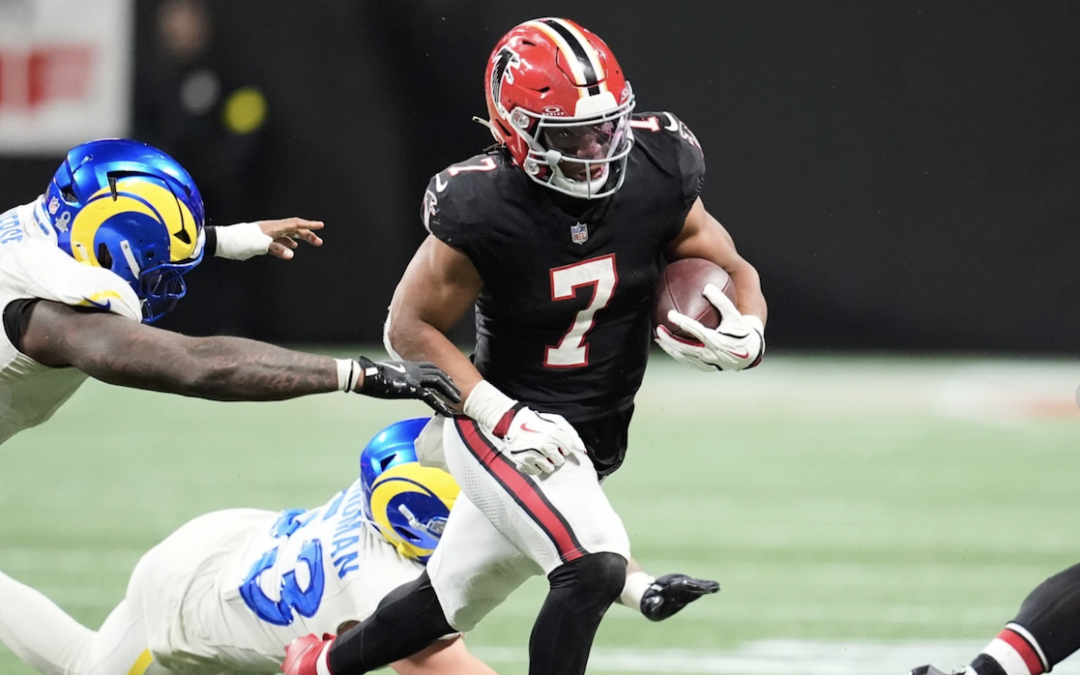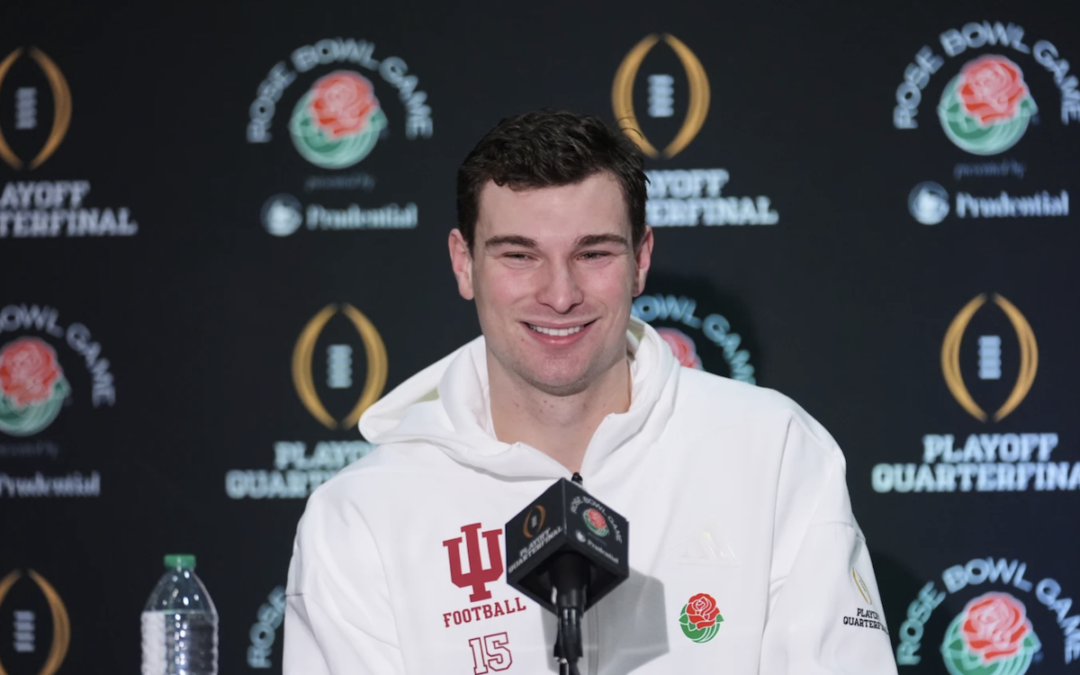by Ty Tagami | Capitol Beat News Service
ATLANTA — The state agency that oversees election finance wants more power to investigate probable violations, and a key state lawmaker expressed interest in bestowing that authority.
The leader of a special Senate committee on election-related investigations said he wants to tighten state campaign finance laws to hold donors and recipients more accountable for reporting when they give and receive money.
“We’re wanting it to be transparent to the public so we can know who is pushing these different agendas,” Sen. Bill Cowsert, R-Athens, said Thursday. “And we also want to make the system fair so that big money doesn’t dominate our politics.”
Cowsert, who is running for state attorney general, is leading the Senate’s special committee on investigations. It heard Thursday about the years-long legal fight that led to the largest campaign finance fine in state history, when a nonprofit founded by two-time Democratic gubernatorial candidate Stacey Abrams settled with the state early this year.
The New Georgia Project and a separate fundraising arm agreed to pay $300,000 for failure to disclose $4.2 million in contributions and $3.2 million in spending on behalf of Abrams’ 2018 campaign for governor.
A fine was not enough, Cowsert said, suggesting that Georgia should increase the penalties for campaign finance violations.
“No individual’s been held responsible,” he said.
Abrams did not respond to a request for comment. In the past, her camp had argued that the nonprofits were not technically political campaign organizations and did not have to file disclosures. The State Ethics Commission, which enforces campaign finance law, disagreed, leading to the negotiated settlement and the fine.
Democrats have accused Republicans of using the Senate committee — and the settlement — for political grandstanding. The committee can require production of documents and issue subpoenas.
Fulton County District Attorney Fani Willis, who brought an election interference case against President Donald Trump and his allies, has become another target. She was supposed to testify at Thursday’s hearing after fighting in court against the committee’s efforts to subpoena her last year.
Cowsert said in October that she had agreed to testify, but she did not appear on Thursday because, Cowsert said, her lawyer had a scheduling conflict. Cowsert said Willis would appear before the committee in December.
So instead the committee heard from David Emadi, executive secretary of the State Ethics Commission.
Emadi addressed past accusations by Abrams allies that his agency had behaved in a partisan way, saying he had also pursued complaints against Republican-aligned organizations, such as the Georgia Republican Assembly. But his presentation Thursday focused on the New Georgia Project, its affiliate the New Georgia Project Action Fund, and the Abrams campaign.
He said his investigators cannot compel witnesses to talk under oath prior to establishing probable cause that a crime was committed. That makes it difficult to develop a case that will make it to court, he said, especially when the case involves suspicions of covert coordination between independent political committees and campaigns.
Independent committees can raise unlimited sums of money from individuals, corporations and other donors. Campaigns cannot. The two are not supposed to coordinate political advocacy activities.
The leaders of these organizations are typically too smart to put illegal activities in writing, Emadi said, so the power to subpoena correspondence does not go far enough.
“They lie to us, there’s nothing we can do about it,” Emadi said. “And if they tell us they refuse to talk to us, there’s nothing we can do about it.” The authority to depose witnesses under oath during the early phases of an investigation “would change that calculus,” he said.
Emadi said there is an open ethics complaint alleging that such communication occurred between the Abrams campaign and the New Georgia Project. He said he could not disclose much about it, but, he said, “I think I can say that at previous hearings we presented evidence, and some of that evidence certainly gave credence to that question of whether or not coordination occurred.”
Emadi agreed when Cowsert asked if the New Georgia Project had withheld information.
“I want to close that loophole,” Cowsert said.
Emadi also agreed when Cowsert asked if lawmakers should create new criminal offenses that could be used against individuals who intentionally violate campaign finance law.
The negotiated settlement between the Commission and the New Georgia Project did not address coordination. Nse Ufot, the former chief executive of the Project, told The Atlanta Journal-Constitution two years ago that no coordination had occurred. Lauren Groh-Wargo, who was Abrams’ campaign manager, also said no rules on coordination were violated.
Emadi told Cowsert’s committee that the word “coordination” needs to be defined more clearly in state law so that alleged violations can be asserted more effectively in court. He also asked for more money for his investigative team.

